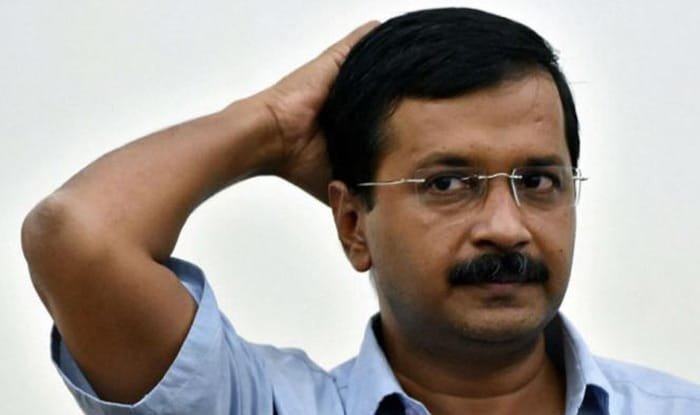
Arvind Kejriwal, who joined Anna Hazare’s movement for integrity in public life in 2012, swiftly rose to prominence and was elected Chief Minister of Delhi in 2013.
Amidst rampant corruption in India, the public sought a savior to eradicate this pervasive issue, leading to widespread support for the Aam Aadmi Party (AAP), a party Kejriwal, Prashant Bhushan and his father Shanti Bhushan, Yogendra Yadav, and others founded with a commitment to honesty in public life.
This support was evident in the 2015 Delhi assembly elections, where AAP secured a landslide victory, winning 67 of the 70 seats, and resonating with people across various demographics.
However, Kejriwal’s tenure as Chief Minister soon revealed a departure from his initial anti-corruption stance, adopting ‘realpolitik’ — a pragmatic approach to politics devoid of ethical or principled considerations.
Early on, he expelled potential rivals within AAP, including Shanti Bhushan, Prashant Bhushan, and Yogendra Yadav, who had raised concerns over the nomination of candidates with dubious backgrounds. Furthermore, he replaced the reputable retired Admiral Ramdas as the internal Lokpal with his own supporters, consolidating his control over the party.
Soon after becoming Chief Minister of Delhi, Kejriwal realised that politics in India cannot be done without corruption. For instance, to contest an MP or MLA election a candidate has to spend several crore rupees. How, and where, will he get all this money ? Also, to run an organisation like a political party requires a huge amount of money ( in canvassing during elections, paying workers, etc ).
https://indicanews.com/justice-markandey-katju-arvind-kejriwal-the-natwarlal-of-delhi/
Kejriwal, who may have been initially honest, soon realised that he has either to leave politics, or become corrupt himself. He chose the latter path.
Kejriwal’s administration was marred by scandals, with several high-ranking party members facing serious corruption charges. Despite these controversies, he managed to maintain a facade of ignorance regarding their actions. The irony is stark, given AAP’s ascent to power on an anti-corruption platform. Moreover, substantial funds were directed under Kejriwal’s orders towards self-promotional advertisements, drawing criticism for misallocation of resources.
In a controversial move, Kejriwal facilitated the Rajya Sabha elections of two individuals named Gupta, hinting at a possible quid pro quo.
Kejriwal is not a fool. He knows that if he seriously and genuinely tries to suppress corruption he will meet the same fate as D.K.Ravi. So he will only make a show of combating corruption by suspending some small fries like clerks, etc while turning a Nelson’s eye to the sharks and crocodiles.
After all, he admitted publicly that he is a bania who knows how to do ‘ dhandha ‘ !
http://timesofindia.indiatimes.com/…/artic…/46603144.cms
Here are other examples :
Presently, with the investigating agencies of the central government having conducted raids regarding the Rs 338 crore liquor scam on numerous AAP associates, Kejriwal’s credibility is under significant scrutiny, suggesting that accountability may finally be on the horizon for this contemporary Natwarlal.
It is well known that not a leaf moves in AAP except under orders from its dictator and supremo Kejriwal. Hence it is difficult to believe that such a huge scam could take place without his knowledge and consent.
Even if he was granted bail by the Supreme Court, it is only because the Supreme Court applied the rule bail, not jail, and not because he is prima facie innocent.
This article not only outlines the political journey and controversies surrounding Arvind Kejriwal and AAP leaders, but also critiques the challenges of political integrity in India.
The thesis is that politics cannot be done in India without corruption

